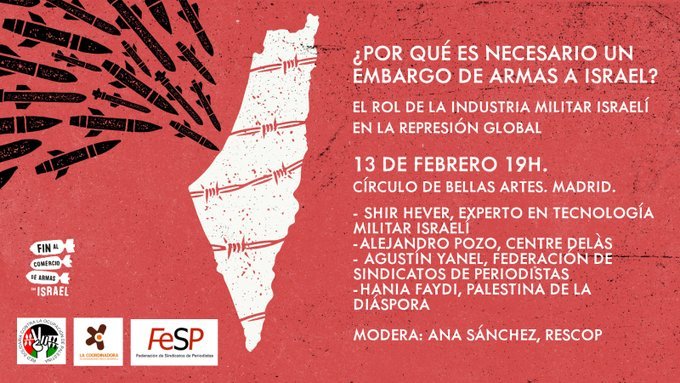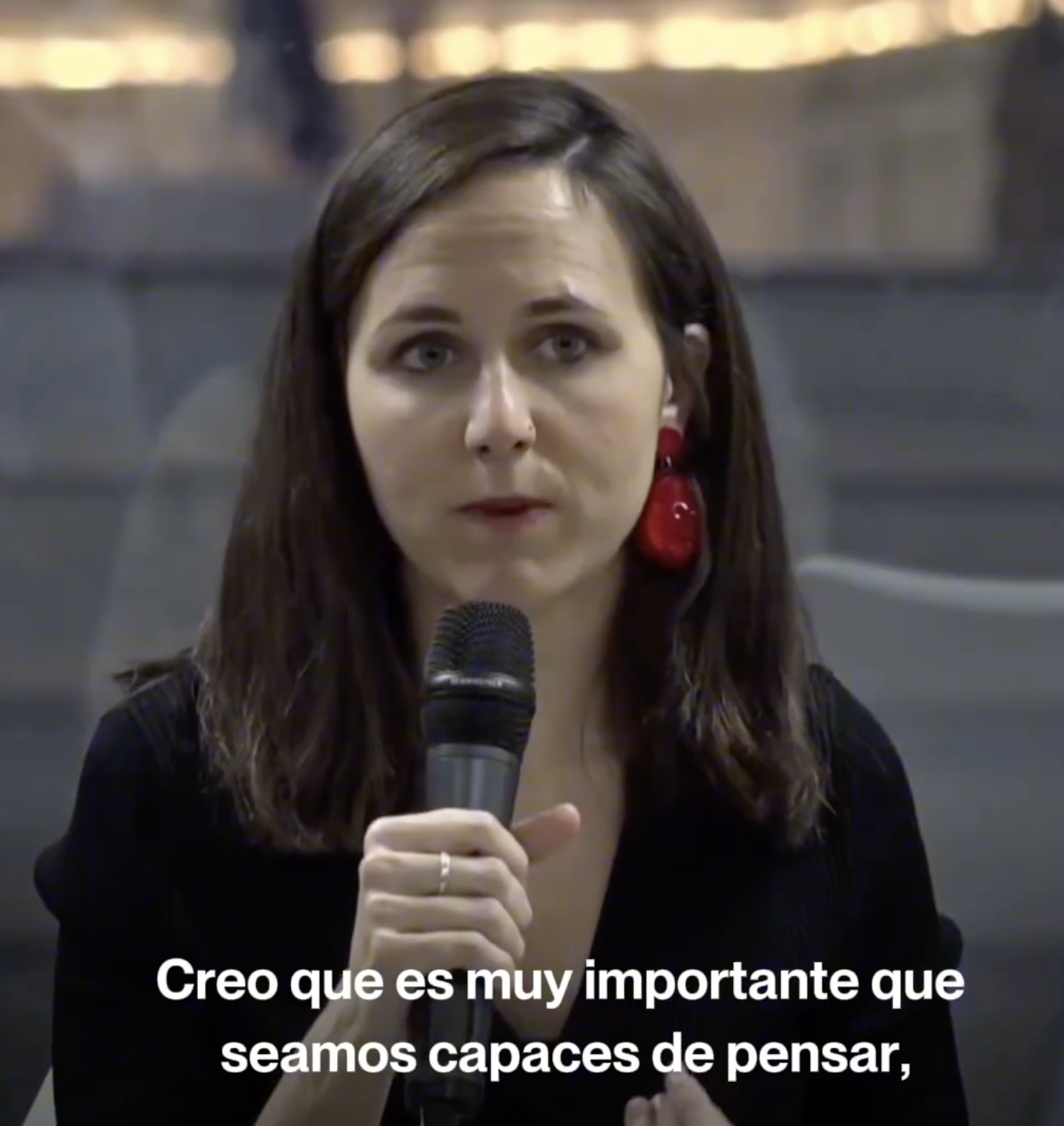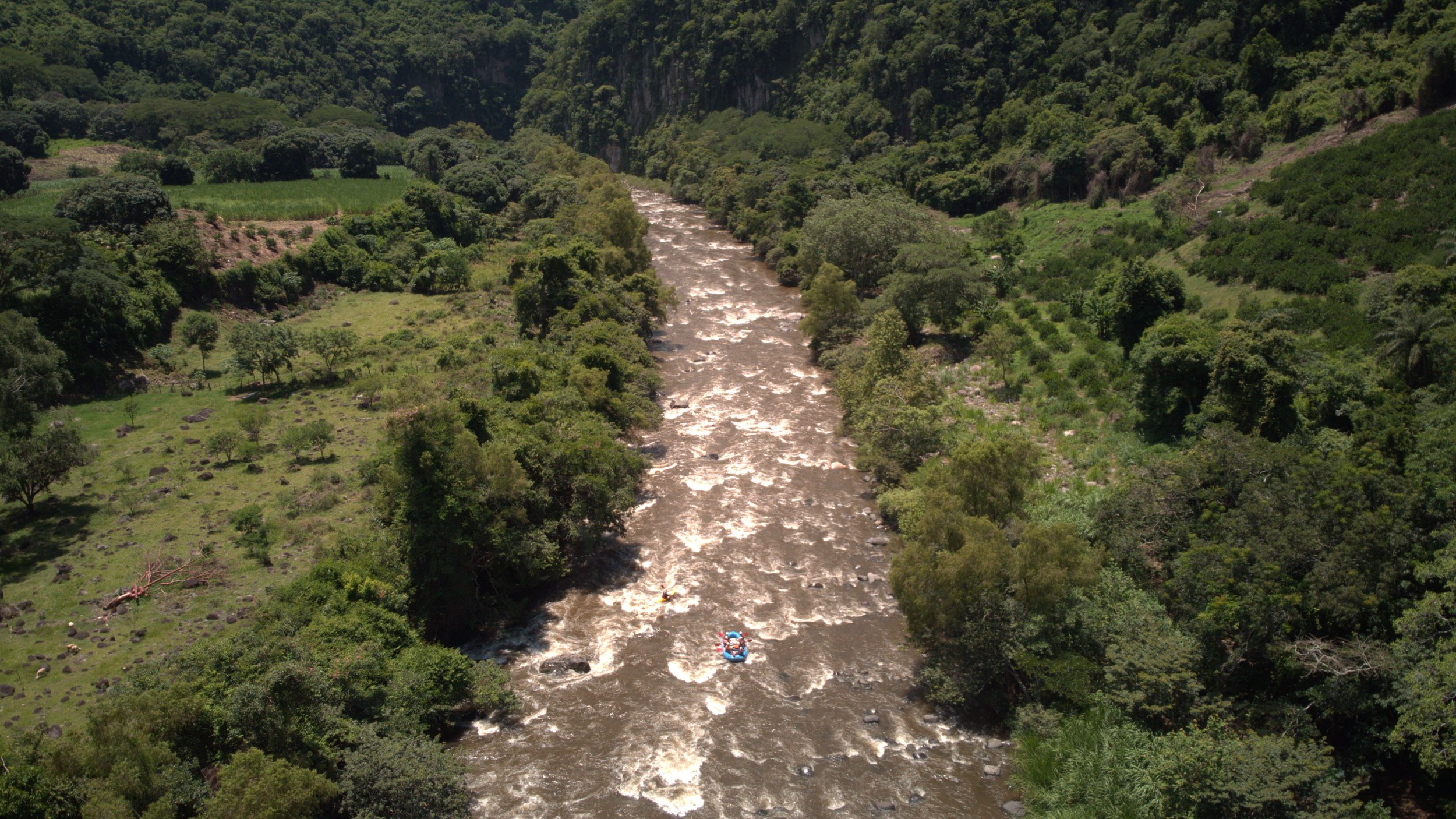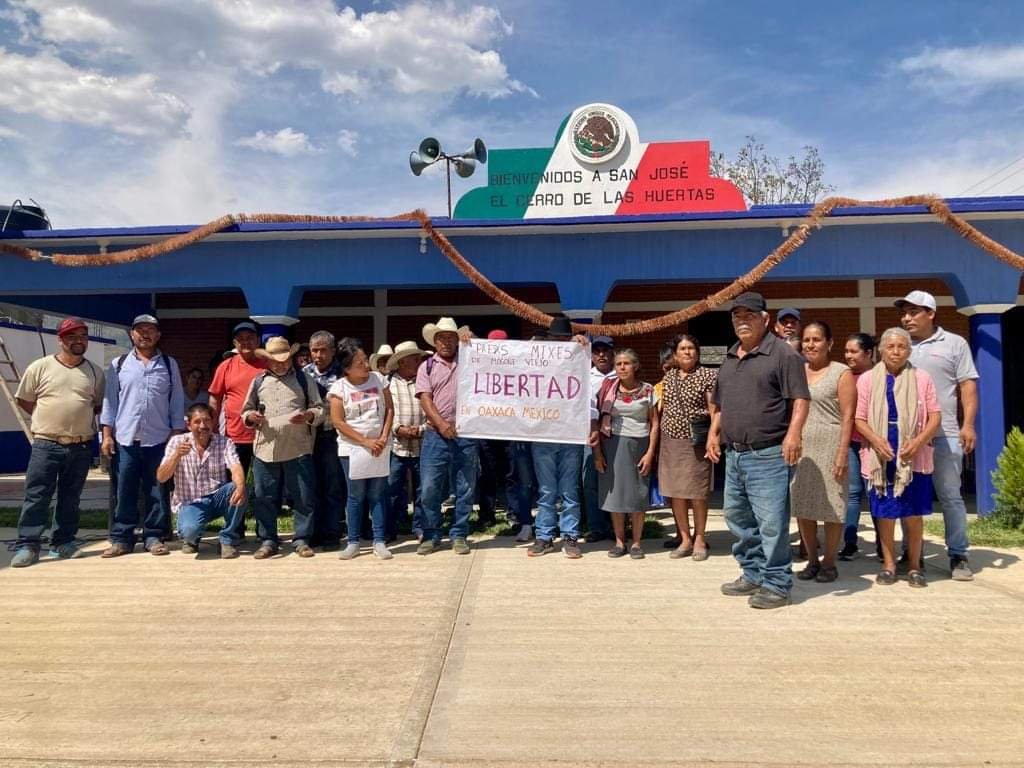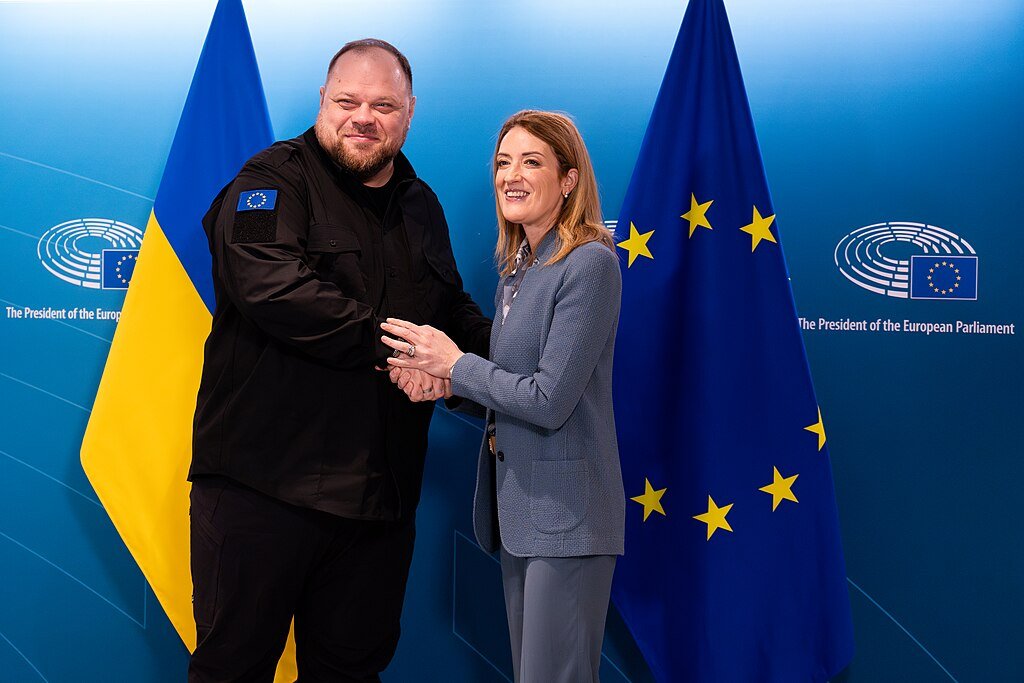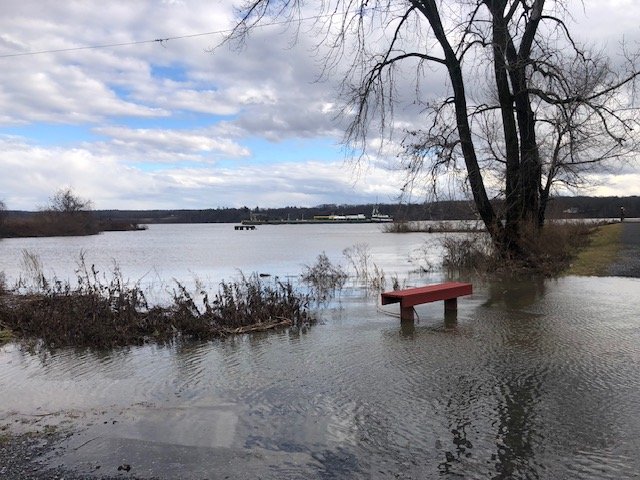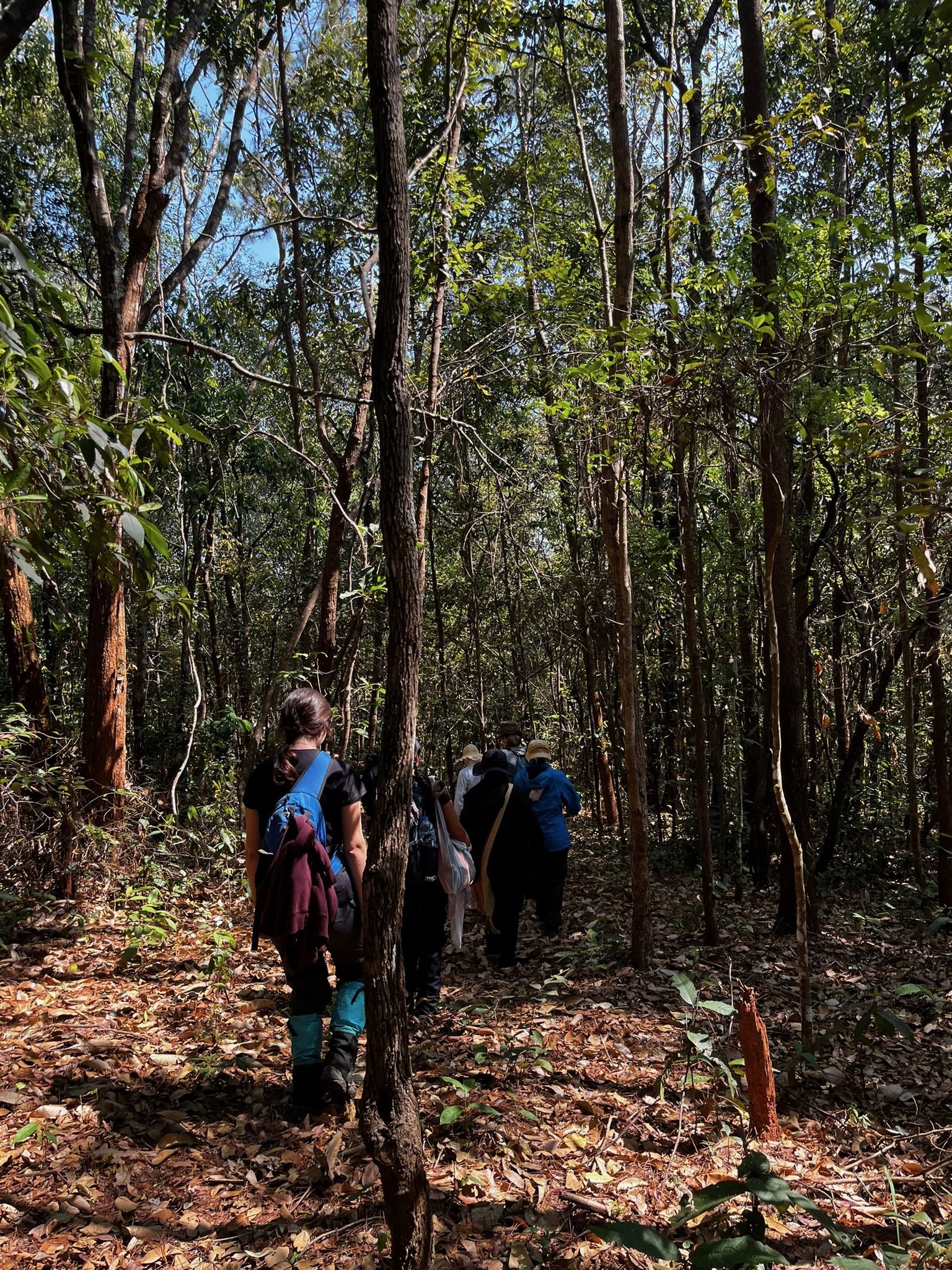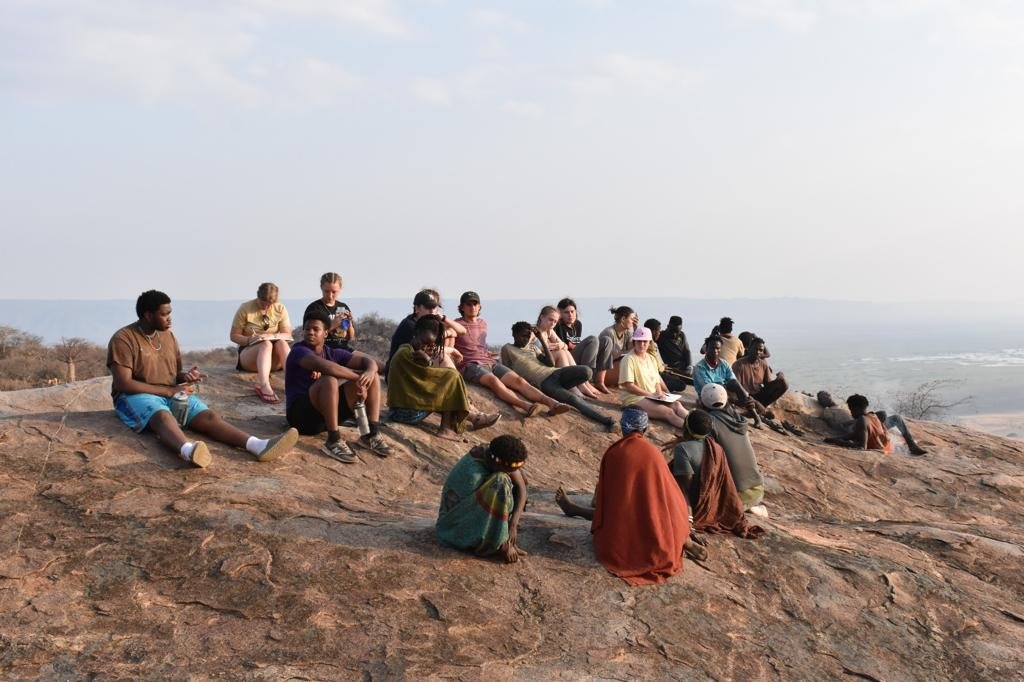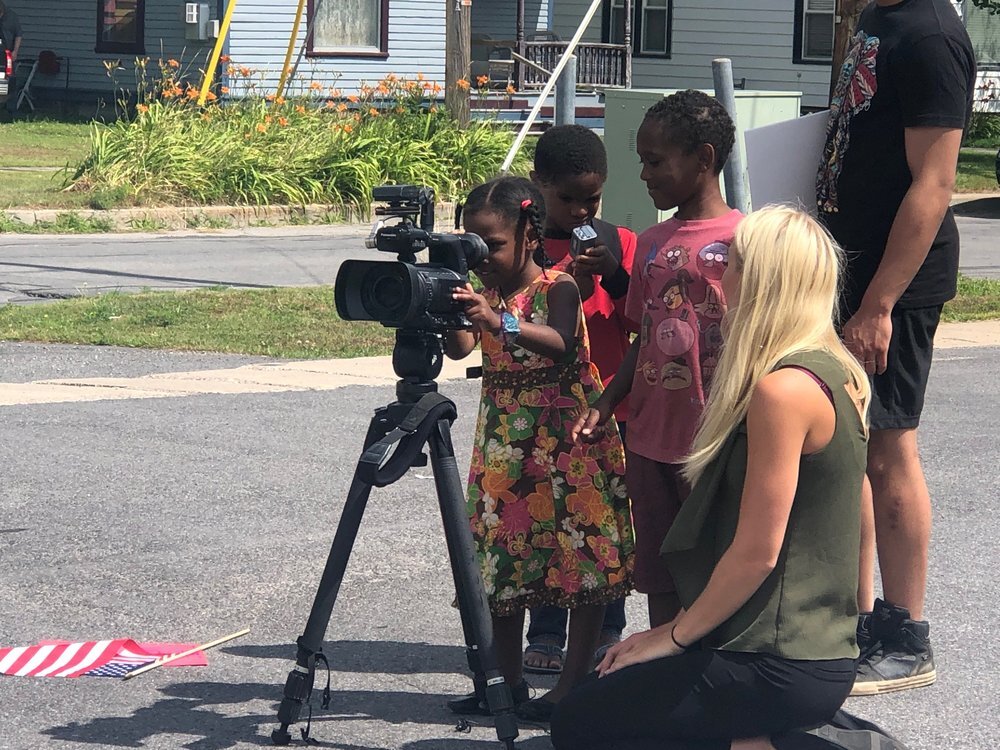
Stories
News
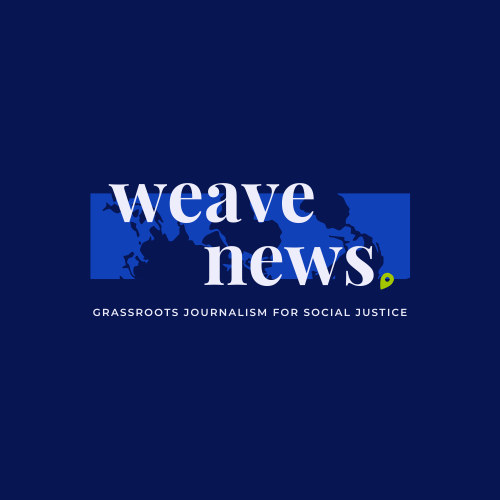
Analysis
Voices
Podcast
Announcements
Events

All Stories
Straddling Gratitude and Resentment
In the latest installment of our Surviving PWIs for POC series, Karen Chalamilla reflects on her postgrad education at SOAS (University of London). “Simply being critical of Euro-patriarchal thinking will never be enough,” writes Chalamilla. “Its dominance runs too deep. If this is what academic institutions consider to be decolonization, then we ought to question whether the project is worth our energy at all.”
White Privilege, COVID-19, and the End of Capitalism
In the widespread protests against police violence following the murder of George Floyd, Blake Lavia sees evidence of how COVID-19 has brought the problems of a “racist economic system” into sharper view. Can the current uprisings hold the key to addressing both the climate crisis and the need to build a more just economic system? The challenge, Lavia argues, is for white people to look themselves in the mirror, go beyond performative solidarity, and work actively to dismantle oppressive systems.
Huetar Norte: Complex Fruits of Globalization in Costa Rica
In the age of globalization and “free trade,” global consumers are accustomed to having access to a wide variety of fruits from around the world. Like all products, however, this fruit is grown, circulated, and consumed in ways that generate complex effects at all scales, from the local to the global. As part of our Glocal Dispatches series, Melissa Pérez Sancho reports on the case of the pineapple industry in Costa Rica and the questions this case raises regarding social, economic, and environmental justice.
Bolivia Faces a Double Battle
The effects of the coronavirus pandemic intersect with the effects of other social, political, and environmental problems throughout the world. Reporting from Bolivia, Gabriela Paz Ferreyra Barrientos explores how Bolivian society finds itself caught between ongoing political instability and a public health emergency: “Violence and confrontation in Bolivia require an urgent democratic election, yet the health of Bolivians is crying out for them to stay home and take care of themselves.”
Let's Celebrate Earth Guardians and Environmental Solutions
On this Earth Day, we from the Talking Wings Collective are saying no to doom and gloom. Especially during the current pandemic, it is easy to succumb to an apocalyptic worldview. But we must also celebrate the brave work of human communities who are striving to plant the seeds of global/local change. At this very moment, these “earth and water guardians” are pushing back the hands of the doomsday clock and working against time to create a sustainable and regenerative future.
Quarantine Demands Rethinking the 'Educational Factory'
Sara Monggaard reflects on the implications of the pandemic for the experience of university students. “I believe in this period of monumental global pause, unity and introspection, we have a unique window to look forward. It is time to tear our structures apart and rethink the purpose of ‘education’ with restructured learning objectives and methods. What does it mean to be educated? What should education prepare us to tackle?”
Return to Materialism: COVID-19 Fieldnotes for Upstanders
Łukasz W. Niparko writes: In recent days, we have read enough dystopian visions of the post-COVID world. I do not want to write another one. Because in the hands of upstanders rests the choice between dystopia, maintenance of the status quo, or perhaps a quasi-utopian victory for all of humanity. While being under lockdown, or while on the subway, we have the choice to rethink the losses of the past 30 years and be upstanders before others steal the few freedoms we still have left.
Setting the Foundation for Gentrification in Sunset Park, Brooklyn
How do racial capitalism, the politics of corporate branding, and the “shock doctrine” converge in the ongoing gentrification of Sunset Park, Brooklyn? Iman Maani explores this question in her first installment for “Glocal Dispatches,” our series focusing on how globalization impacts local communities.
If the Gaza blockade was a virus, would the world react differently?
Ali Abusheikh writes from Doha, Qatar amidst the COVID-19 crisis, but he is also thinking of his home - Gaza. ““I sympathize with the world. I understand people's fear. Why wouldn't I? I already know what it is like to be stuck at home for weeks when it is not safe to go out. (And in the case of Gaza, staying at home isn't enough to protect you; Israeli missiles can just as easily find you there.) I already know how it feels to unexpectedly have to cancel weddings and other special occasions. I grew up being unable to travel.”
Block Island Sparks Groundbreaking Global Change: The Shift from Fossil Fuel to America's First Wind Farm
As part of our Glocal Dispatches series, Nancy Lucier takes us to Block Island, Rhode Island, site of the first offshore wind farm in the United States. “This unique energy system embodies [Naomi] Klein’s hope of achieving community-controlled energy. I claim the concept of community-controlled energy promotes forward-looking models in the U.S., such as wind turbines challenging the dominant corporate view that fossil fuel is America’s primary source of energy.”
How the Trump Administration’s Refugee Cuts Are Harming Utica, New York
By Ayla Schnier
Once thought to be a permanently-forgotten Rust Belt city in Upstate New York, Utica has recently made a cultural and economic comeback thanks to an influx of refugees. However, the Trump administration’s refugee cuts -- the most drastic in US history -- are harming this small city’s prosperity. The rationale for these cuts is rooted in several global patterns, and bouncing back from their consequences won’t be easy. But Utica isn’t ready to give up without a fight.
Arabic Calligraphy in Street Art
By Cassandra Kunert
In her third post for our Weaving the Streets series, Cassandra Kunert takes a look at some of the artists who use Arabic calligraphy as a key element of their street art in Beirut and Amman. “Artists like El Qaqa and El Seed have embraced calligraphic tradition and in doing so have enriched the street art scenes in their communities,” she writes. These artists never viewed street art as an imported practice….By using traditional elements in non-traditional ways, El Qaqa, El Seed, and countless others have contributed to the development of unique art scenes that represent pride in their identity while also showing great respect for their community’s artistic heritage.”
Remittances, Deportations and Financial Colonialism in Jamaica - The Makings of a “Great Deal” for the US?
By Meca-Gaye Francis
“Interpersonal discrimination experienced by people like me is only a reflection of the power relations in the larger international system. Exploitation and discrimination are not novel. To say the very least, they characterize the nature of relationships in the international system and today manifest as forces of globalization in regions such as the Carribean.” In the latest installment of our Glocal Dispatches series, Meca-Gaye Francis explores the case of Jamaica, where the impact of emigration continues to reverberate in the space between colonialism and globalization.
Amman: A Blank Canvas For Public Expression
By Cassandra Kunert
In her second contribution to our Weaving the Streets series, Cassandra Kunert checks in from Jordan’s capital, Amman. “While the street art movement in Amman is only beginning to emerge, the artists have taken the blank canvas of the city to express both the personal and the public,” she writes. “Inshallah, in the years to come they will continue using public spaces for artistic expression.”
Expressing Unity and Revolution: Lebanon 2019
By Cassandra Kunert
In her first installment for our Weaving the Streets project, Cassandra Kunert reports on what she observed when she went to Beirut, Lebanon, in search of street art - only to find a city whose population was rising up in huge numbers against the existing political and economic order.
Freiburg's Dietenbach Decision: Considering the Anti-Build Argument
By Brendan Reilly
In the final installment of his three-part “Weaving the Streets” series, Brendan Reilly looks into the perspective of Freiburg, Germany residents who oppose the decision to turn agricultural land outside the city into a new district featuring affordable housing. Despite the eco-friendly design of the proposed district, those in the anti-build camp are concerned about the environmental consequences as well as the impact on the region’s agrarian culture.
Freiburg’s Dietenbach Decision: Exploring the Pro-Build Side
By Brendan Reilly
My seven months abroad have flown by–I can count the days on my fingers before I leave Freiburg, the mid-sized city in Southwest Germany. As I prepare to take my final exams and leave my Black Forest life, the farms to the northwest of town remain unscathed by the bulldozer’s touch. However, 2020 will see the start of construction for the new residential district of Dietenbach, planned to be built and ready for its first tenants by 2022. In my first blog post, I introduced this socio-ecological dilemma that has been taking place here: a debate between those seeking to preserve the nearby farmland and those in favor of construction to alleviate steep housing prices. In this post I explore the side of the issue in support of construction, examining what the positive aspects of a new city district are, and how Freiburg’s pro-Dietenbach residents present their argument.
Kia Kaha te Reo Māori: The Cultural Conservation in Māori Language Week
By Ellen Allerton
Ellen Allerton explores the complex cultural politics and public debates surrounding Māori Language Week, part of a larger effort to grapple with New Zealand’s history of colonization. While the promotion of te reo Māori (the Māori language) has generated both expressions of cultural pride and conservative backlash, it also involves troubling examples of what Allerton calls “commodification of the culture through performances and feasts that are meant purely to attract tourists.”
Impeach Trump
By William Hunt
As the impeachment debate continues within the Democratic Party, Weave News contributor William Hunt shares a letter he recently sent to Senators Kirsten Gillibrand (D-NY) and Charles Schumer (D-NY) and Rep. Elise Stefanik (R-NY). “We are living through a slow-motion coup d’etat, a steady unraveling of democratic institutions. Six more years of it and the damage may become irreparable,” Hunt writes. He also notes that “the Democrats’ obsession with winning back Trump’s white rural and working class base risks dampening the enthusiasm of some essential Democratic constituencies, among them African-Americans, Hispanics, progressive women, sexual minorities, and the young in general.”
Inside Aida and Dheisheh Refugee Camps
By Charlie Finn
“What comes to mind when you think of a refugee camp? I had always imagined the refugee camp as filled with tents, temporary residents, humanitarian organizations, and international workers – a place for the mobile migrant fleeing war, poverty, or political unrest. But, what does a refugee camp look like when it stands in the same place for over seventy years?” Charlie Finn reports on his visit to two Palestinian refugee camps in the occupied West Bank.









